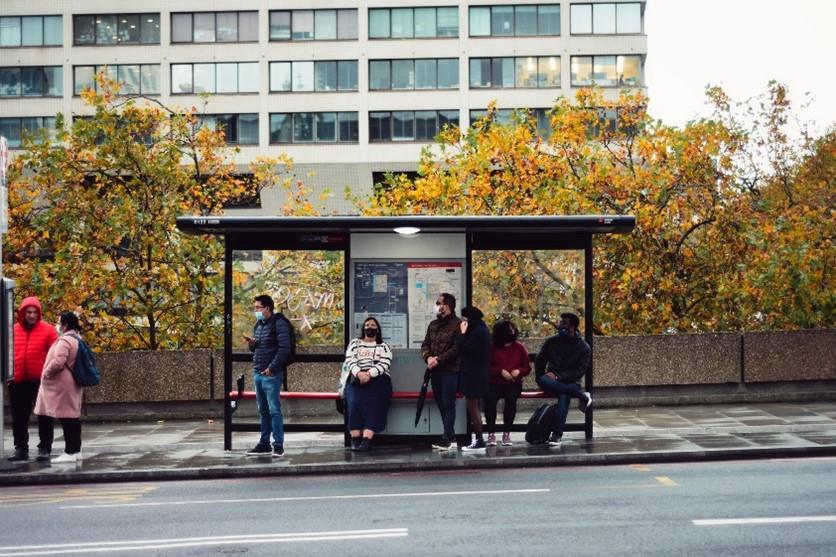You are here :
- EUTOPIA website
- Home
- ENGAGEMENT
- INCLUSION & DIVERSITY
Student Perspectives: Gladys Gros-Desormeaux (CY)
Are there any inclusive practices at your university that you would like to highlight?
I would like to mention three practices linked to orientation and academic achievements.
The first is ‘Les Rencontres Pour l’Orientation (RPO)’, or ‘Meetings For Orientation’. This is an Open Day which introduces ESSEC Business School to pupils from senior schools. It helps them to work on their professional career, set up objectives, and realise that they can enter a selective and prestigious school (known as a grande école) that is separate from the public university system. In 2022, R.P.O tried to gather 1400 pupils on the 2nd of April and in 2021, it proposed a set of videos, an application and a MOOC for future students about developing ambitions for their professional career.
‘New Start’ is a programme for students who haven’t enjoyed their first semester at university and want to change course, and allows them to do this without waiting another year.
Finally, ‘PaRéO (Passeport pour Réussir et s’Orienter)’ is for students who didn’t get their diploma to go to university, and gives them another option to get a new diploma.
So all these practices work to integrate minorities, students who have socioeconomic problems, those who have chosen the wrong course, don’t know whether they want to go to university, or don’t have a good level of studies so are looking for work.
Are there aspects of life at university that you think are not inclusive?
The university can be difficult to access. I live in the Southeast of Paris, and Cergy is totally opposite in the Northwest. By train, with normal Paris traffic, it takes 40 minutes to get to university, but it can take 60 or 80 minutes, especially with the strikes that are very typical in France. This is true even though there are several lines going to the university, and public transport is always very crowded.

So it’s super complex to get to some of the classes, especially for students who can’t afford to buy a car or move to another part of the region. The solution could be to establish a private bus service to pick up students in the large train stations like Châtelet or Saint-Lazare, even if only for the journey in. Students wouldn’t be scared to arrive late and it could be a meeting-point that helps them socialise. Or maybe, when there are strikes, the university could postpone lessons or change the timing.
What new or improved practices would you like to see?
I would create a system for high-capacity students. A friend of mine, when she was very little, had the choice of going to a very selective secondary school or staying in her current school. Sometimes she was very bored at school, and this might be the case at university as well. Perhaps students like her could attend exams earlier, or there could be more programmes to develop their profile, enabling them to finish earlier and integrate in the labour market.
Also, Laura (one of the students from Gothenburg) said that during an exchange in the US they learnt sign-language. In my former university there were sign-language classes, but they filled up within minutes of registration opening, so I couldn’t take them. But this would be a very good practice.
For me, the main focus should be on communication: creating and evolving these initiatives is great, but if no one knows about them...that’s an issue!


